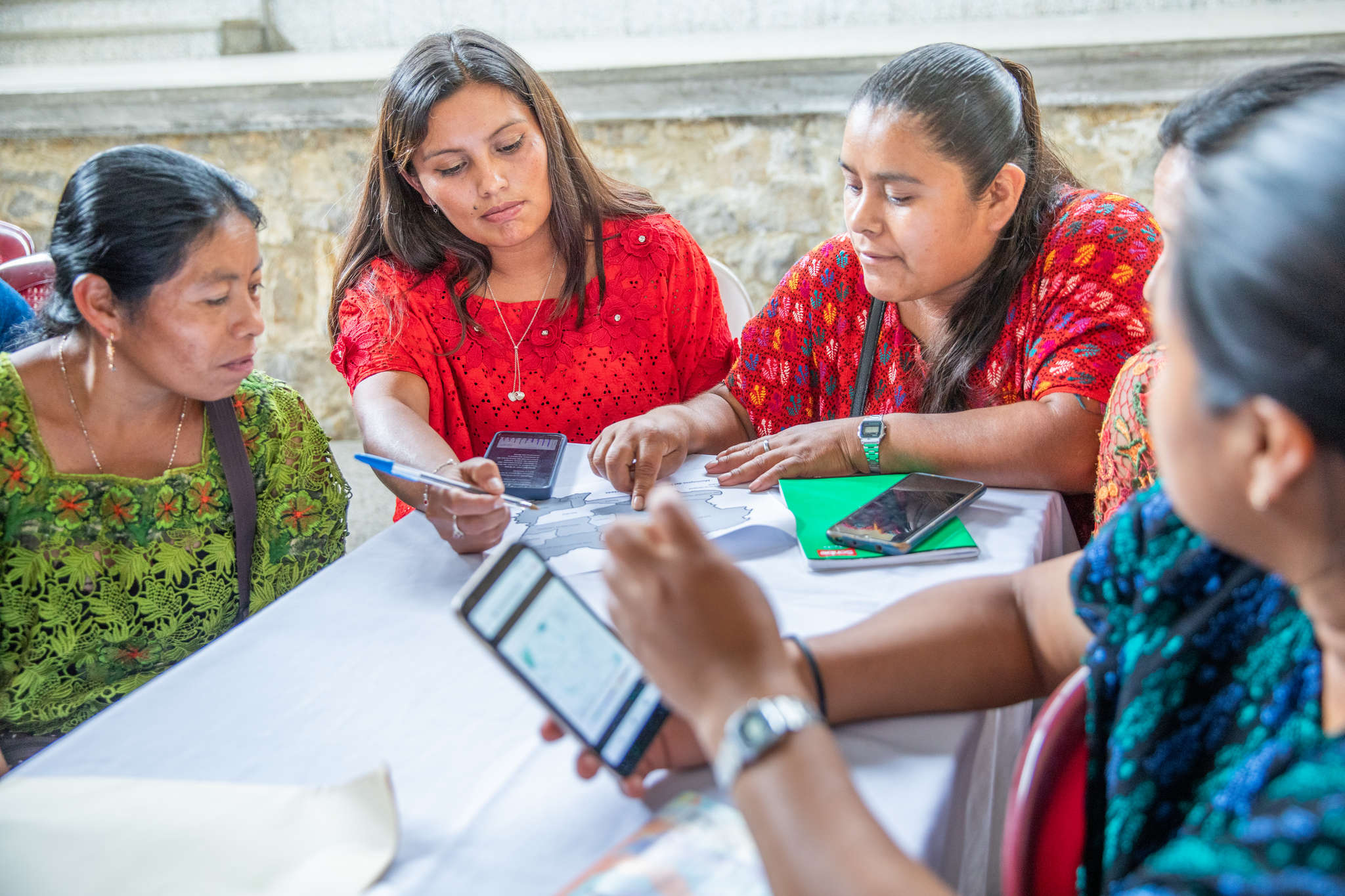NGOs must become 21st century organizations (Part 1)

In 2016, only 12% of the Fortune 500 companies in the 1955 list remained. In the next 10 years, it is predicted that 50% of the S&P 500 will be replaced by new entrants led by digital disrupters. New organizations such as Facebook, Amazon, Uber, Twitter, Tesla, etc. catapulted to the top of the corporate ranks in recent years. Yet, in the NGO sector, the well-known organizations of today are still the same from the late 1800’s and middle of the last century, such as Red Cross (founded 1881), United Way (1887), Save the Children (1919), International Rescue Committee (1933), Oxfam (1942), Catholic Relief Services (1943), Care (1946), and Mercy Corps (1979).
Does this mean that the NGO sector is failing to innovate and adapt, or make space for new modern entrants? Having now worked in roles across the corporate world, a major foundation, and a major NGO — one thing that is clear to me is that the NGO sector needs to lean more on the private sector through partnerships with shared value frameworks and agreements.
The corporations who have survived, and thrived, in the 21st century have enthusiastically leveraged digital technologies in order to remain relevant to their shareholders and customers. This is evidenced in Walmart’s embracement of on-line ordering and Bank of America’s mobile banking offerings.
Innovation is challenging in the NGO sector. Funding tends to be short term yet innovation takes a long time of trial, error, iteration and scaling. There are gaps between specific innovation groups and NGOs, and within NGOs there are more gaps between those who are digitally savvy and those who are not. It’s very difficult to have line of sight from innovation to scale and to program participant impact. The lack of line of sight makes it difficult in reverse, getting specific contextual aware problem statements in need of innovation from field to lab.
Moreover, we are in a time of declining trust in technology and institutions — public and private (Edelman 2018 Trust Barometer). General trust in technology is only 64% among the general population, and even lower for emerging technology at 50%. What are the drivers of this declining trust? Discussions on technology ‘ethics’ are becoming more common with growing understanding of the dangers of AI bias and the weaponization of social media.
The world is changing fast, driven largely by digital technology. Not unlike the situation for private sector, failure to transform with it will leave NGOs less effective, less efficient, less insightful and less relevant to funders. Most importantly, it will make NGOs less impactful to those we serve, those who are the most vulnerable communities.
What must NGOs do in order to become a 21st century organization?
NGOs need to transform from organizations that simply augment analogue methods with isolated digital technologies, to organizations who leverage digital technologies to the fullest extent. From critical infrastructure and back-office operations to the delivery of cutting-edge field products, services and tools, all in a seamless unified technology strategy.
NGOs can embrace digital transformation and still retain the rigor that honors “Do No Harm”. They can retain character, discipline, sectoral expertise and passion. As Tacita Dean, the British visual artist said, “Digital is not better than analogue, but different. What we are asking for is co-existence… for the ascendency of one does not to have to mean the extinguishing of the other”.
The question we need to be asking ourselves is: will digital technology help close the gaps in social, political and structural issues or simply reinforce existing inequalities?
Learn more by reading part two.



